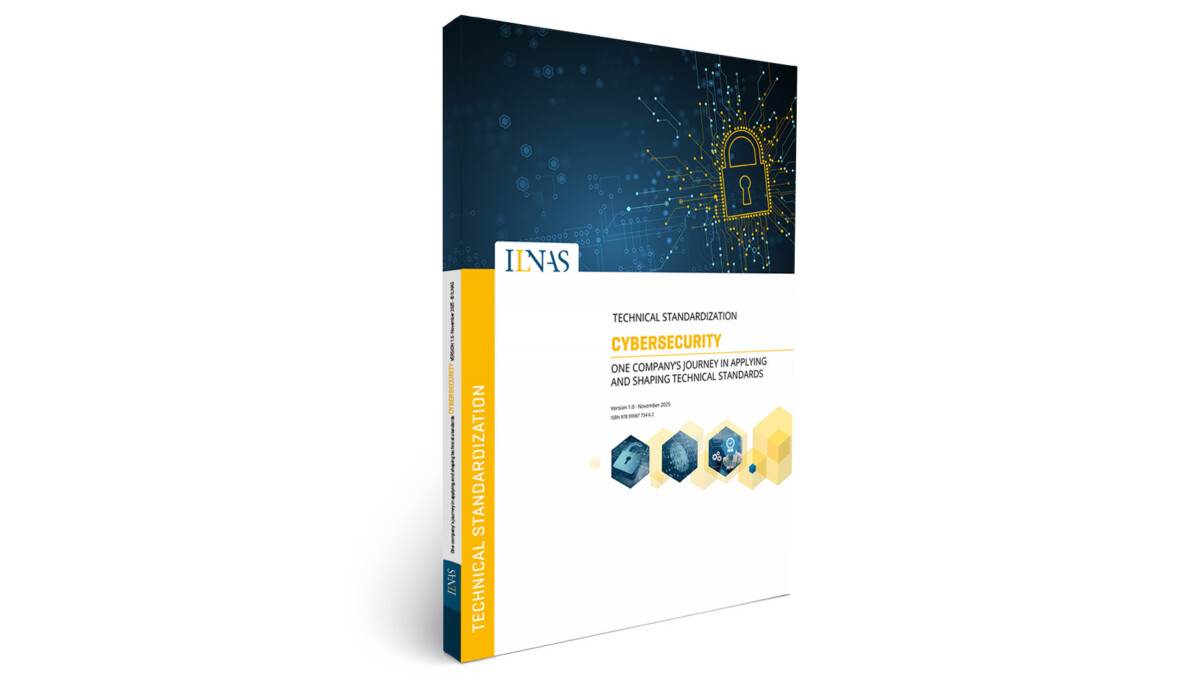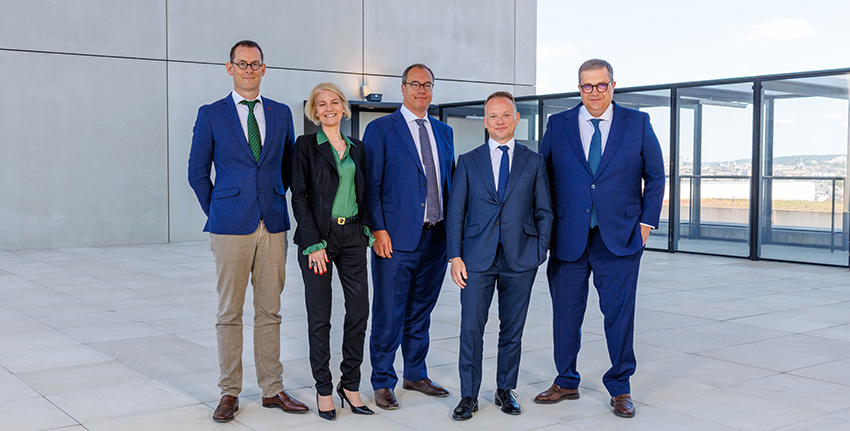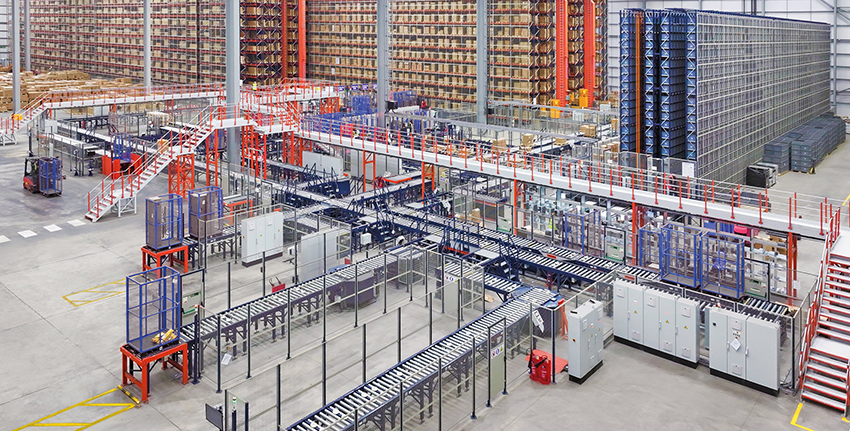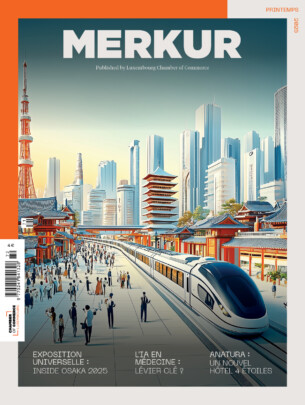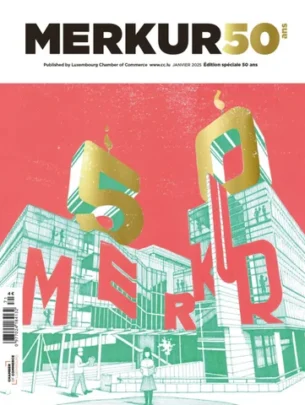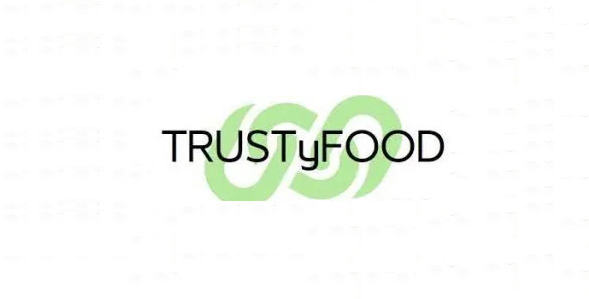
The TRUSTyFOOD Consortium held its Final Conference on-line on the 25th of November 2025, marking the culmination of a journey of more than 3 years spent in exploring the “truth” which lies behind the blockchain application in the agrifood sector across Europe and beyond. The event brought together about 100 researchers, policymakers, and institutional leaders remotely connected to hear about the future of blockchain in the agri-food sector and responsible research practices.
“The TRUSTyFOOD Final Conference marks an important milestone in defining the path for applying blockchain technology in the agri-food sector. It concludes a journey aimed at turning the hype surrounding blockchain into a concrete vision for the future, while outlining practical steps to make its implementation feasible in the short term. The comprehensive framework developed throughout the project – verified across diverse application contexts and refined through extensive stakeholder engagement – provided a solid foundation for ongoing progress, ultimately culminating in the Research and Innovation (R&I) Roadmap” – highlighted Raffaello Prugger, Director of Tecnoalimenti S.C.p.A. and TRUSTyFOOD project coordinator.
It emerged that in the agri-food sector blockchain primarily functions as a secure, tamper-proof ledger to record and share data transparently among multiple parties, providing added value in areas where immutability, transparency, and accountability are critical. However, the speakers who followed one another during the event emphasized that the adoption of blockchain in the agri-food sector remains constrained by a range of interconnected challenges. Unlocking its full potential will require renewed investment in research and innovation (R&I). Continued efforts are needed to overcome technical barriers, explore new use cases, and generate robust evidence of blockchain’s economic and social value. Key priorities include strengthening capacity building and digital literacy, developing interoperability frameworks, ensuring data credibility through input assurance, and designing innovative business models that enable fair value distribution across the supply chain. Equally important is the need for supportive regulation. Legal clarity on the enforceability of smart contracts, compliance with the GDPR, and effective cross-border data governance are essential to create an enabling environment for blockchain adoption. Regulation should also promote inclusivity, ensuring that smallholders, cooperatives, and SMEs are not excluded from blockchain-enabled markets due to high costs or technological complexity.
The conference concluded with actionable recommendations to foster the successful uptake of blockchain in agri-food sector. First, blockchain should be recognized as a Key Enabling Technology for resilience and integrated into EU digital, agricultural, and sustainability policies and strategies. A dual approach is required—combining strong R&I investment with regulatory clarity—to ensure both innovation and legal certainty. Finally, authorities should promote inclusive governance models that empower farmers, SMEs, and consumers as active participants in the design and use of blockchain solutions.
“Continuous stakeholder engagement has been an important added value to this project” – said Linda van de Burgwal, Associate Professor of Innovation and Entrepreneurship at the Vrije Universiteit Amsterdam.
“Finding solutions was possible by thinking with stakeholders across Europe about the future of the agri-food system. Potential future scenarios envisioned by the work of the TRUSTyFOOD Project Consortium converge around resilient, inclusive, sustainable and transparent agri-food systems, enabled — but not determined — by Blockchain Technology. Such future is not technology-driven per se, but value-driven, rooted in social, environmental, and economic priorities that need to be balanced. BCT is considered a key enabler only if embedded in systems that serve people and ecosystems, not the reverse” – concluded Linda.
“This two-day event represented more than a project conclusion” – said Daniel Rossi, Delegate R&I CONFAGRICOLTURA and Vice chair of the Research & Innovation WP of COPA-COGECA and the one of Food
Drink Europe in Brussels – “it marked the beginning of a new way of perceiving blockchain technology in its true guise. Moving beyond the many often overly general considerations surrounding this technology, we have delved into the farm and industry’s real needs, understanding them and seeking to suggest paths that can truly help the sector achieving its strategic goals of equity, fairness, safety, transparency, sustainability, and resilience by 2030 first and 2050 then, leaving no one behind” – continued Daniel Rossi.
Even if traceability and transparency resulted the main reason for applying such technology so far, new opportunities are making their way. “Blockchain, combined with other advanced technologies, is the foundation for innovative sustainable finance approaches and a powerful tool for coordinating climate-positive action – especially in agriculture! It increases the reliability of environmental data, which can be used for accurate decision-making to fairly reward farmers and other agricultural stakeholders for their contributions to protecting and restoring nature” – stated Thuy Tien Nguyen Thi, Fraunhofer IML.
The Conference concluded with two speeches at International/global level. The first one, delivered by the project partner North South Consultants Exchange LLC (NSCE), articulated around the importance of international cooperation in globalised supply chains to mainstream blockchain as a global public good and to align and harmonize standards across borders. “It is important that the EU should be seen not only as a guardian of its food systems, but also as a facilitator of fair, rules-based trade that allows non-EU producers access to its markets when they comply with standards” – stated Aliaa Ibrahim, NSCE Project Manager.
The second one, delivered by EthicHub – invited external speaker – highlighted the importance of designing systems that are intrinsically inclusive, leveraging on the ability to build programmable incentives to benefit smallholder farmers even when they do not interact directly with the technology. “For small farmers, the lack of access to traditional finance is not just a financial gap, but a gap in opportunity” – declared Gabriela Chang Valdovinos, co-founder of EthicHub.
Included in TRUSTyFOOD’s project results was the delivery of documents co-created together with Stakeholders. These achievements include:
- R&I Roadmap for blockchain technologies in the Agri-food sector: provides an evidence-based guidance on how to strategically promote blockchain technology within the agri-food sector.
- Policy Brief: evidence-based recommendations for policy actions in the short term.
- White Papers: focused documents across several thematic blocks, including standardisation and interoperability, skills development, and other strategic aspects of blockchain application in the sector.
- Framework of Services (FoS): a digital knowledge base and collaboration platform for blockchain technology in the agri-food sector. This platform serves as a « one-stop-shop » for stakeholders throughout the food supply chain to access tools, guidelines, and insights related to blockchain implementation.
For more information about the TRUSTyFOOD project and its outcomes: www.trustyfood.eu
The partnership consists of thirteen (13) beneficiary partners across seven (7) European countries and one (1) third country: Tecnoalimenti S.C.p.A. (Project Coordinator), Centre for Research and Technology – Hellas (CERTH) – iBO and ITI Institutes, Fraunhofer- Institut für Materialfluss und Logistik IML, Universitaet Koblenz-Landau, INOV – Instituto de Engenharia de Sistemas e Computadores Inovação, INESC ID – Instituto de Engenharia de Sistemas e Computadores: Investigação e Desenvolvimento em Lisboa, Engineering Ingegneria Informatica S.p.A., Athena Institute – Vrije Universiteit Amsterdam, Association DIH Agrifood Croatia, Confederazione Generale dell’Agricoltura Italiana (Confagricoltura), North-South Consultants Exchange LLC (NSCE), Compellio SA, World Farmers’ Organisation (WFO).

